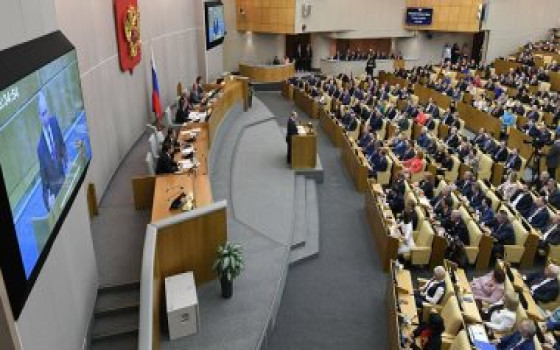
Associated Press: Wagner's rebellion is the biggest challenge Putin has faced in more than two decades in power

- Europe and Arabs
- Sunday , 25 June 2023 19:55 PM GMT
Washington-Moscow: Agencies
The Associated Press described the armed rebellion announced by the Wagner Military Group as the biggest challenge to Russian President Vladimir Putin during his more than two decades in power. The rebellion ended after only 36 hours when Wagner and the leader of the rebellion ordered his forces to return to their positions and stop marching to Moscow, after he reached an agreement with the Kremlin to go out of the country in exchange for not facing any criminal penalties.
The agency believed that these developments, which it described as a brief revolution, revealed weaknesses among the Russian government forces, after the soldiers of the Wagner Group, under the leadership of Yevgeny Prigozhin, managed to move without difficulty to the Russian city of Khustov and advance hundreds of kilometers towards Moscow. And the Russian army hastened to defend Russia
Under the deal announced by Kremlin spokesman Dmitry Peskov, Prigozhin will go to neighboring Belarus, which supported Russia in its invasion of Ukraine, while charges against him of leading an armed rebellion will be dropped.
The Russian government also said it would not prosecute Wagner fighters who took part in the rebellion, while those who did not would be offered contracts by the Defense Ministry. By letting Prigozhin and his forces go free, Peskov said, Putin's ultimate goal is to avoid bloodshed and internal confrontation with unpredictable results.
Analysts say the stakes for Putin will be whether he will be seen as weak. John Heberts, Washington's former ambassador to Ukraine, told CNN that Putin has been dwarfed all the time by the issue.
The American Institute for the Study of War said that Prigozhin's rebellion had exposed severe weaknesses within the Kremlin and the Ministry of Defense.
The institute stated that Wagner could have reached the outskirts of Moscow had Wagner's leader chosen to order his forces to do so.
Prigozhin had demanded the ouster of Defense Minister Sergei Shoigu, whom the Wagner commander had long criticized for his handling of the war in Ukraine.
Had Putin agreed to oust his defense minister, this would have hurt the Russian president politically after he branded Prigozhin a traitor who stabs in the back.
The American Institute for the Study of War suggested that the agreement that ended the crisis would eliminate the Wagner Group as an independent party led by Prigozhin in its current form, although the elements of the organization may continue according to their existing and new capabilities.


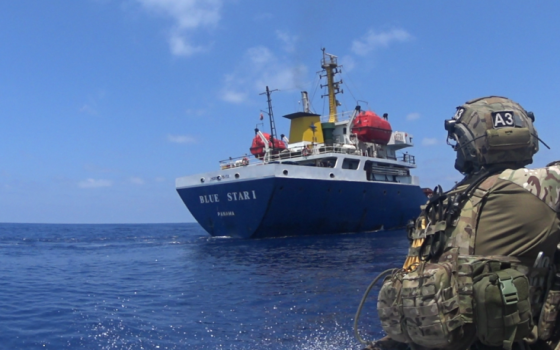
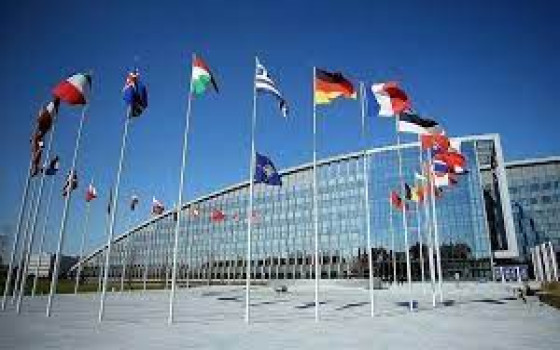
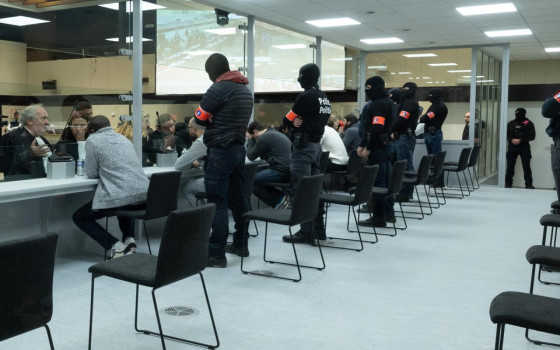
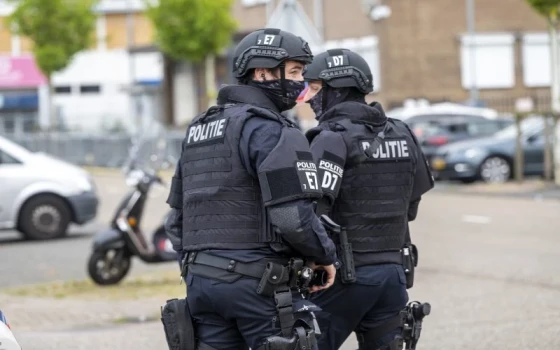
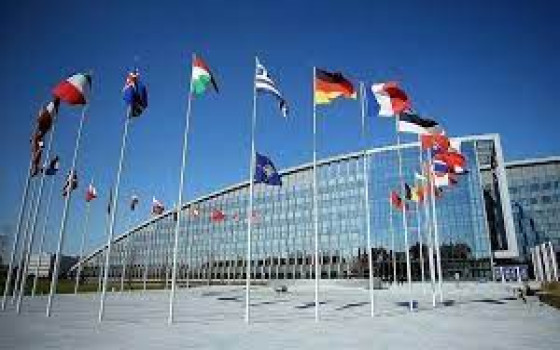
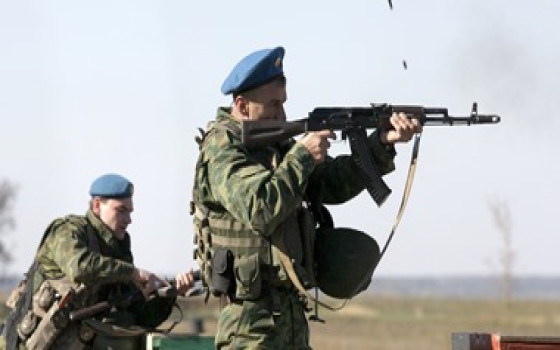
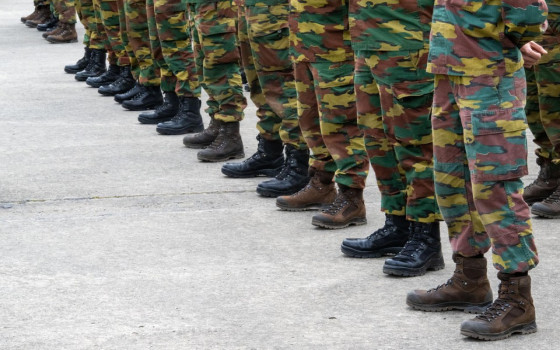

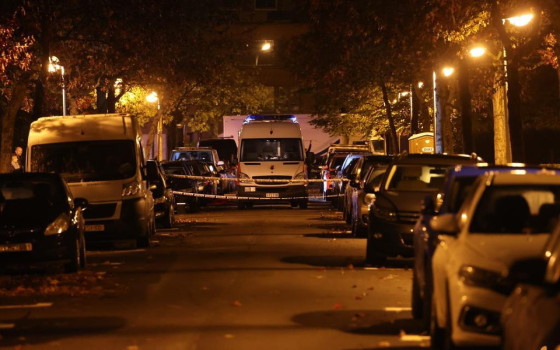
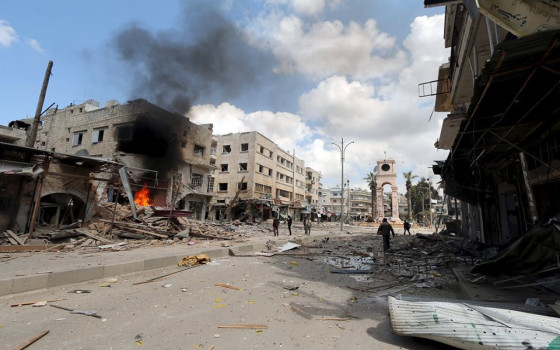
No Comments Found